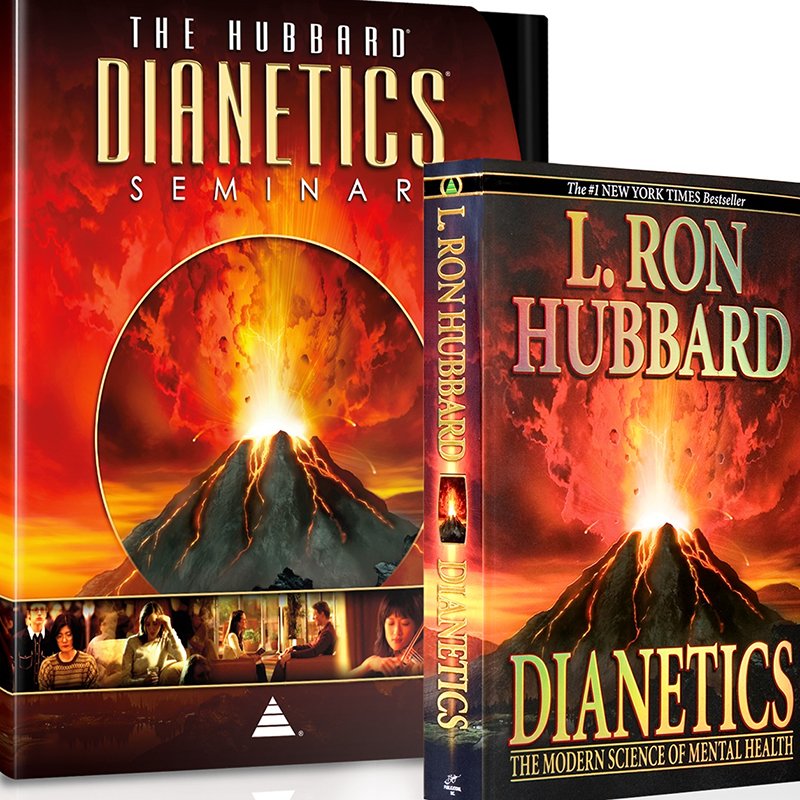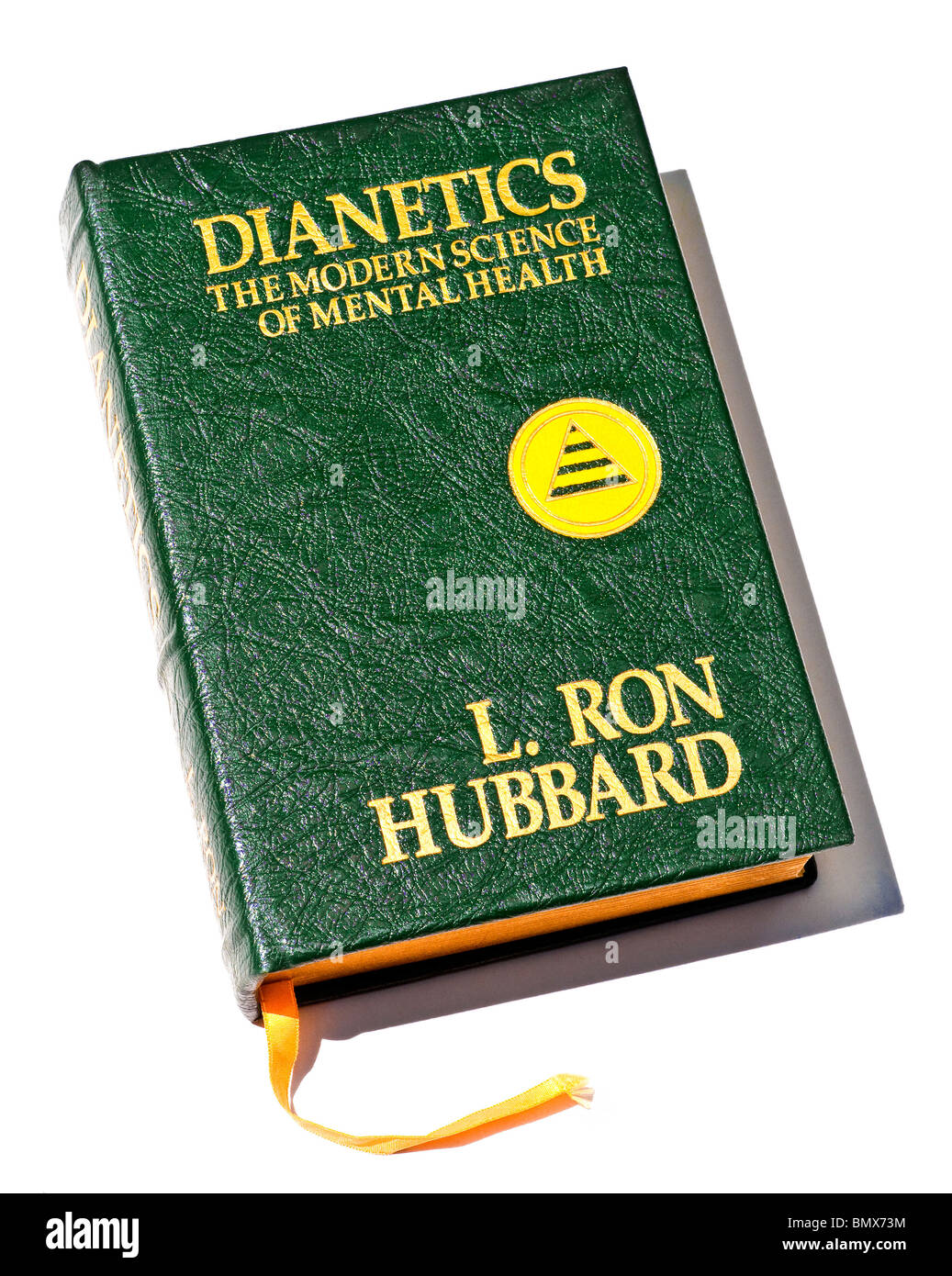Rumored Buzz on Dianetics
Rumored Buzz on Dianetics
Blog Article
Our Dianetics Ideas
Table of ContentsUnknown Facts About DianeticsThe Best Guide To DianeticsIndicators on Dianetics You Need To Know3 Simple Techniques For Dianetics
I could not ever not intend to get anything that comes to mind for you- if it was or else, I would not be sitting below with you, doing this. I not just might never have a problem, or not wish to hear something that enters your mind for you, but I'm entirely anxious to know every idea, every thought, every image or feeling that emerges or materializes for you- do not ever before assume otherwise, and if somehow you do, please just allow me recognize! Often, you may have a thought, and photo, idea or incident appear that does not appear to respond to the concern, or associate to it, but nevertheless, always do tell me concerning it, and as we continue, the importance will certainly emerge for you.This is integral in the basis of handling, and the topic of this discussion: the basic duties of the therapist and the customer: The basic function of the therapist is, in contrast to "typical training", not to manage, which indicates to apply and/or prevent, yet to rather work from the basis of EMPOWERING THE CUSTOMER.

Dianetics Things To Know Before You Get This
John Mcmasters expressed this fundamental reality wonderfully well in one of his lectures on Power processing, where he describes exactly how he was asked what this "special propensity" was that he had for providing such wonderful sessions; he needed to consider that for a moment, and found that it was what he wasn't doing, along with what he was doing: he had not been reviewing, judging, computing, or actually, generating any kind of thoughts, allow alone spoken expressions, after providing the command and while waiting on the computer to finish their answer to their contentment; he was, simply and just, existing with the computer, and totally interested.
The role of the therapist, demonstrated; that was his "unique knack". I have had my own experience which showed me this well, very beforehand in the game. In 1982, having actually recently finished my training and teaching fellowship on New Age Dianetics, I was running this on a PC, and there was a factor in the session where (being a little bit wet behind the ears not yet having many hours under my belt as an expert auditor) the PC appeared to be "taking too long" to reveal anything vocally after I offered him a command.
This secret turned out to be the most beneficial contribution that John ever made to the topic of treatment or bookkeeping (Dianetics). In my simple viewpoint, it is the best contribution that any individual has ever made to these subjectsthe application is entirely non-judgemental, non-evaluative, and without any kind of idea, advice or opinion.no preconditioned agenda for people, or 'levels' that they should do
In Scientology we prided ourselves on not examining for individuals. All that actually meant was that the auditor did not VERBALLY review for the PC in session.
Some Ideas on Dianetics You Need To Know

Anybody that had ever seen John audit could not aid however observe a distinct top quality in his auditing."The customer's fundamental role is to be there with the purpose of relocating the instructions of their spiritual goals, and to openly and fully express and experience whatever manifests for them in addressing the concerns and carrying out the directions in the processing.
This is something to procedure as needed. But additionally, individuals regularly have previous experience and/or indoctrination in auditing/processing which, in some ways, more tips here and to some degrees, really misdirects them into attitudes, ideas and actions patterns that prevent the full realization of these duties, and so they will certainly tend to hinder the expressing of what comes to mind, as in the instances offered above. * The first, and perhaps leading examples of mis-indoctrination resulting in less than completely smooth and effective sessions, can be located in specific elements of the training routines, or "TR's":"TR's" are often a person's first, or at the very least early, experience in Scientology, and while I will take place to clarify what I see as the problems in principle and practice, however, often tend to be substantially therapeutic, done as they are given (Hubbard insists that "TR's are not processing, they are training", yet factually, they are both handling AND training)
Alan Walter made comparable observations, and enhanced these with his "Visibility Processes". There is no "failing", and no denial of the truth of this being handling. The emphasis, as it ought to be, is on experiencing the other individual's visibility. All the manifestations which obtain a "flunk" in doing "TR-0" are simply the being's initiatives to stand up to the various other individual's visibility, and instead of being harassed and badgered with my explanation "Flunk", which imposes "failing!" on the being, one merely needs to be encouraged to "stick their feet in the water a little much deeper", to progressively rehabilitate their capacity and willingness to click to investigate fully share and experience "being below", or "presence", with others.
The 10-Minute Rule for Dianetics

Report this page